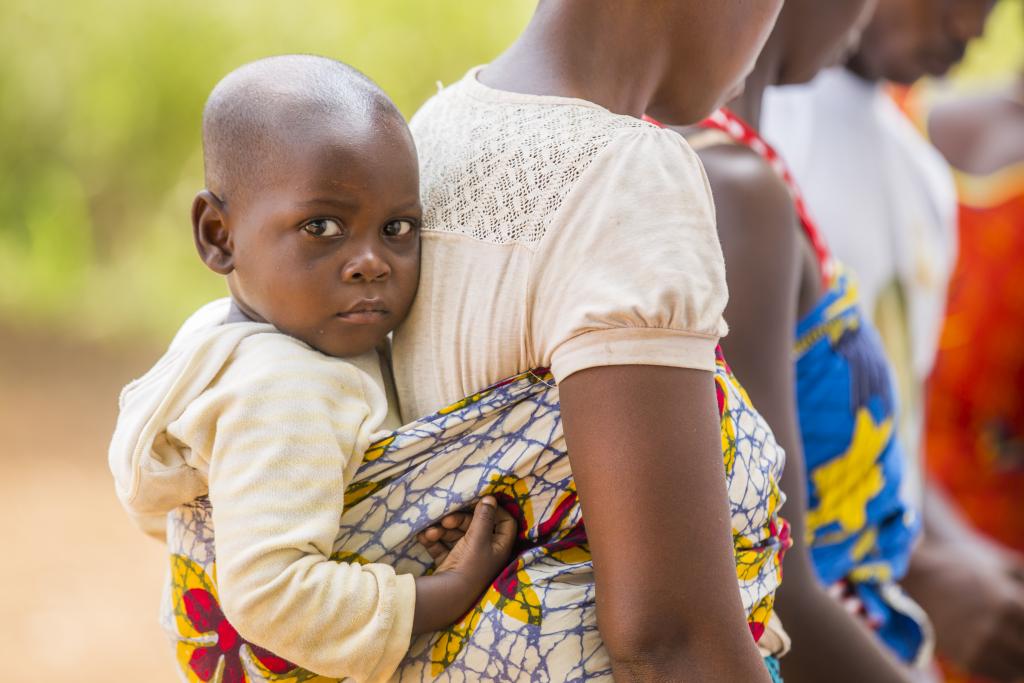The 10th World Malaria Day took place on Wednesday, 25 April 2018 in Geneva and marked the grand finale of a week-long campaign of awareness raising events which took place in seven cities across Switzerland. This ‘Tour de Suisse’ roadshow was organised by members of the Swiss Malaria Group in Zurich, Bellinzona, Lucerne, Basel, Lausanne, Bern and finally Geneva. The Swiss Malaria Group, a network of research institutions, civil society, public and private sector, together successfully demonstrated how Switzerland is ideally placed to contribute to the fight against malaria.
Owing to considerable international investment and life-saving products such as medicines, insecticides, bed nets and diagnostics, more than 6 million lives have been saved since 2000. However, progress is stalling and the disease is making a comeback in several regions. Decades of investment and millions of lives are at risk. In Africa alone, a child continues to die every two minutes from malaria, which is an inordinate amount of loss and suffering given malaria is a preventable, detectable and treatable disease.
Ending malaria is more significant than just combating one of the world’s most deadly diseases and this year’s roadshow successfully demonstrated how wide-reaching the impact of a malaria-free world could be. As demonstrated in Zurich, less malaria would mean less global hunger. It would also allow for healthier children and more gender equality, as explained in Bellinzona. Lucerne highlighted how better health would mean more education and Basel demonstrated how more innovation would lead to less poverty. Lausanne followed up on these themes by explaining how more climate protection would mean fewer child deaths and Bern emphasised how less malaria would lead to more equal opportunities worldwide.
The roadshow culminated with the 10th World Malaria Day anniversary event at the Place des Nations in Geneva and was opened by Noëlla Coursaris Musunka, Ambassador for the Global Fund to Fight AIDS, Tuberculosis and Malaria; Isabelle Chevalley, Member of the Swiss National Council and Christian Lengeler, President of the Swiss Malaria Group who together inaugurated the hologram art installation, a concept which was designed and created by Basel’s design school, Hyperwerk.
The proceedings later migrated to the high-level roundtable event in the Graduate Institute where the aforementioned VIPs were joined by Professor Awa Coll Seck, Senegal’s Minister of State, Kesete Admasu, CEO of the RBM Partnership to End Malaria; Thomas Gass, Ambassador and Vice-Director of the Swiss Agency for Development and Cooperation (SDC) and Minghui Ren, Assistant Director General of the World Health Organization. Together they explored in depth how a renewed engagement against malaria would greatly contribute to achieving the UN’s 2030 Sustainable Development Goals, in turn promoting a knock-on effect across the entire development spectrum.
Written by Lya Pfäffli on behalf of the Swiss Malaria Group
Photo: David O'Dwyer for SMG


